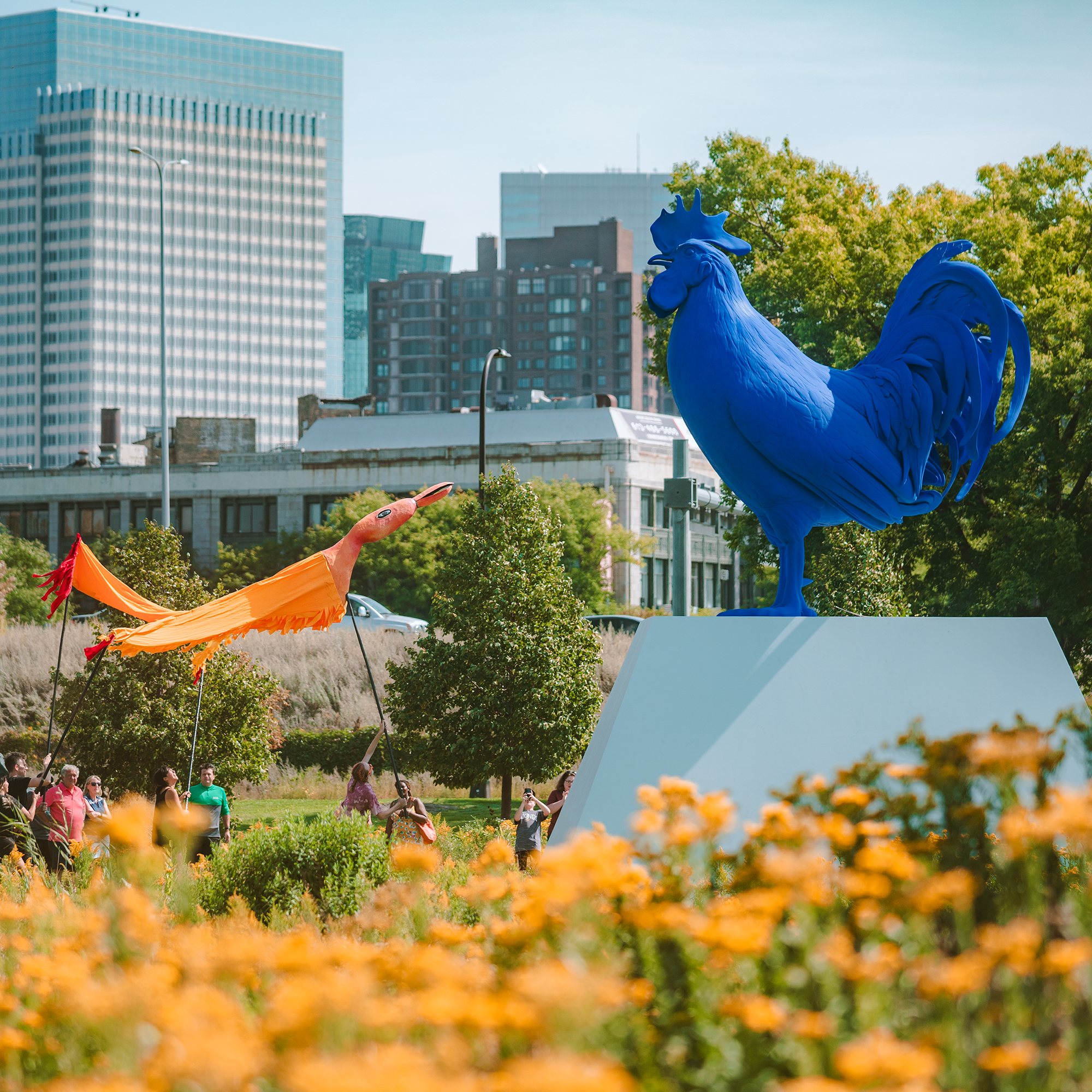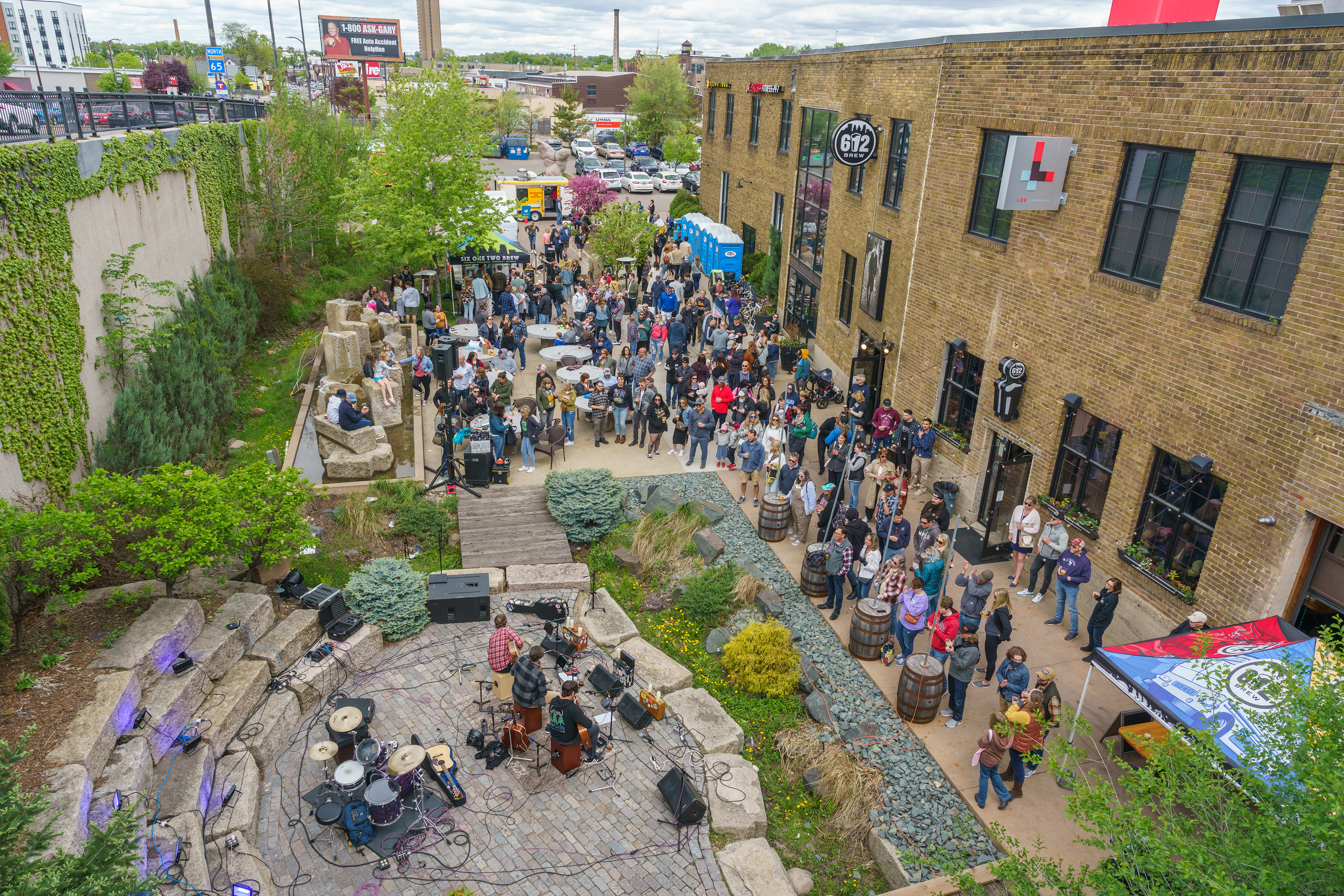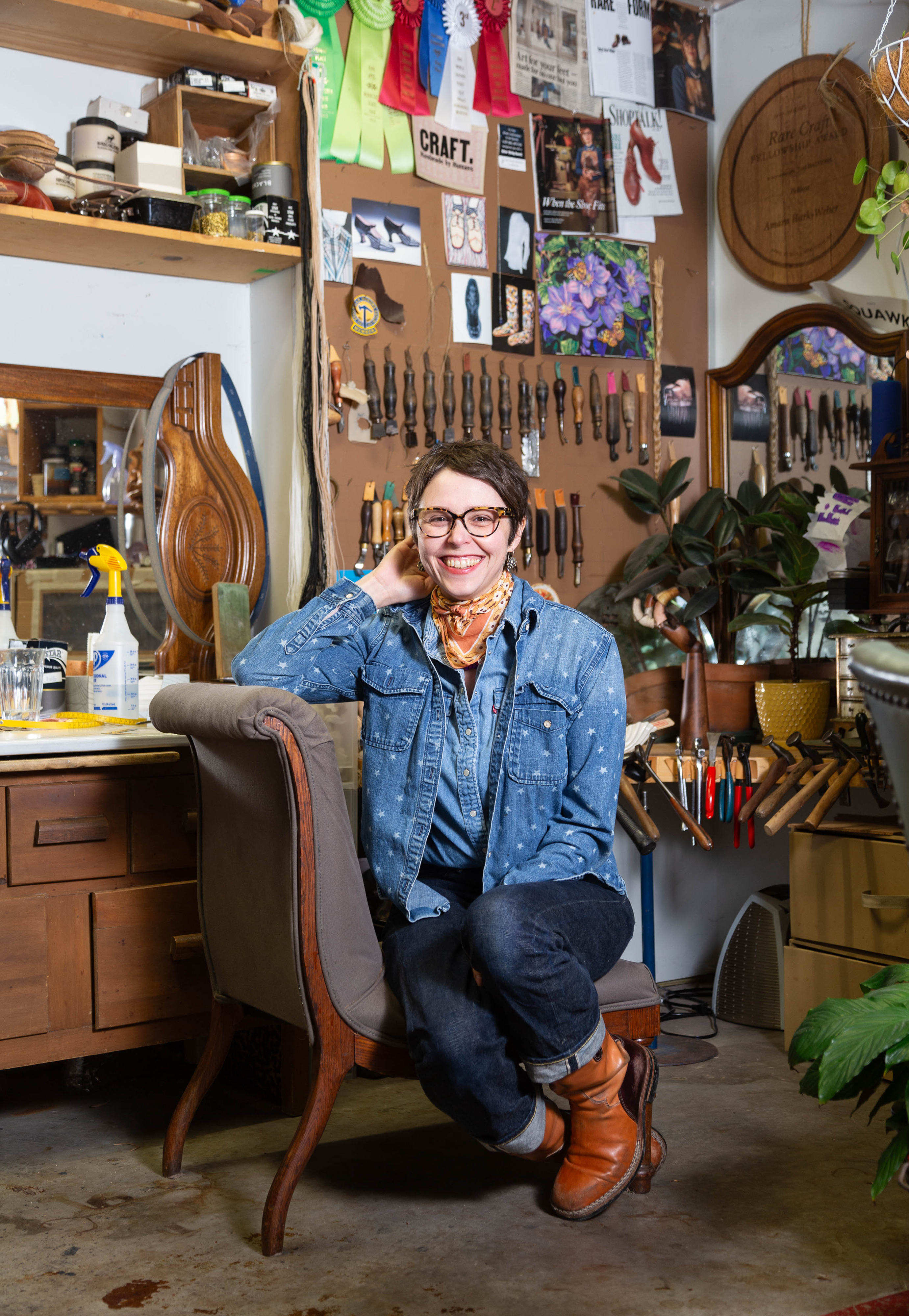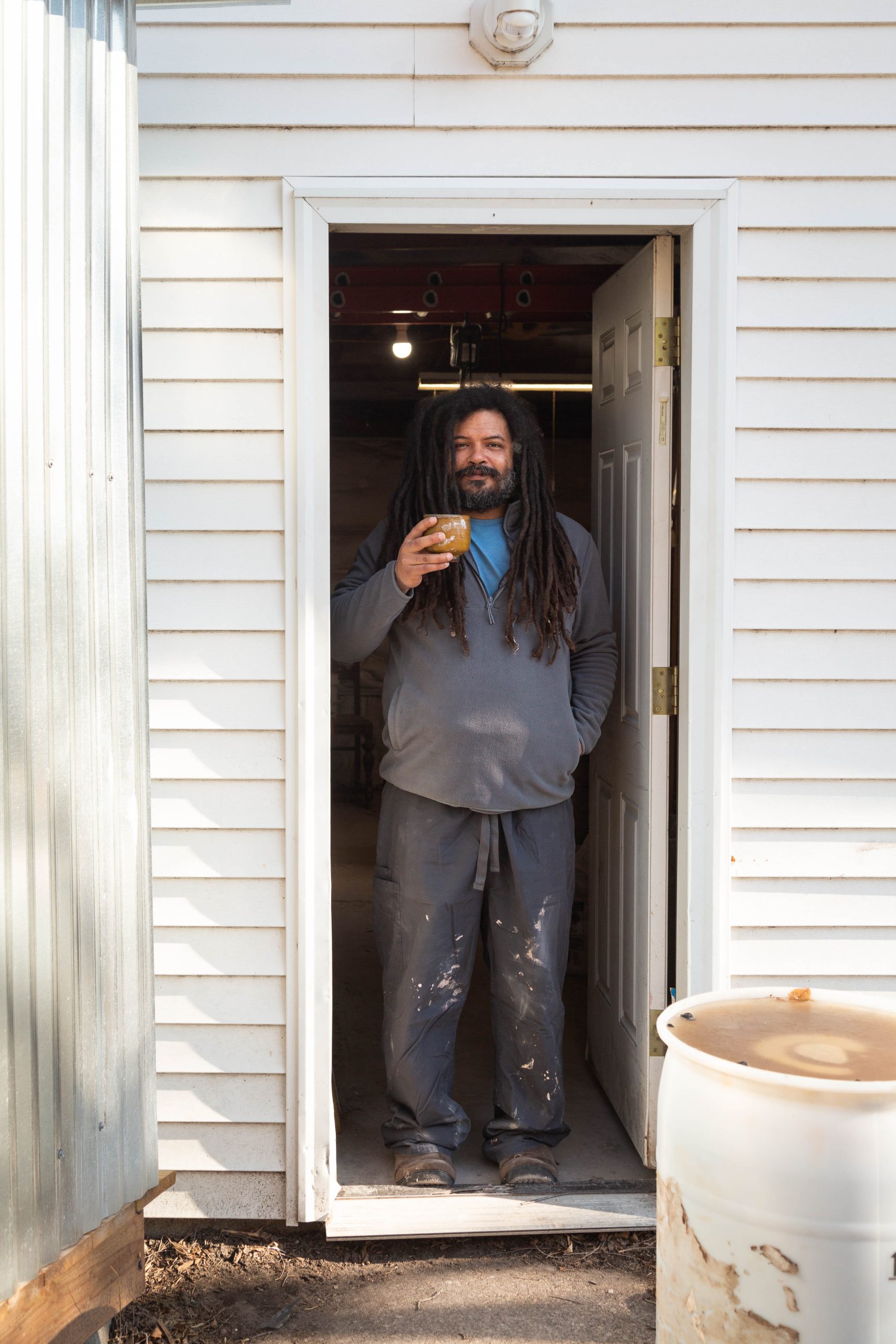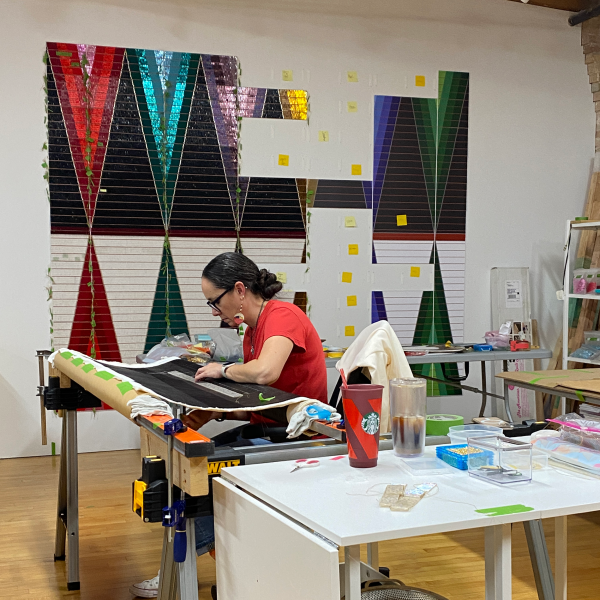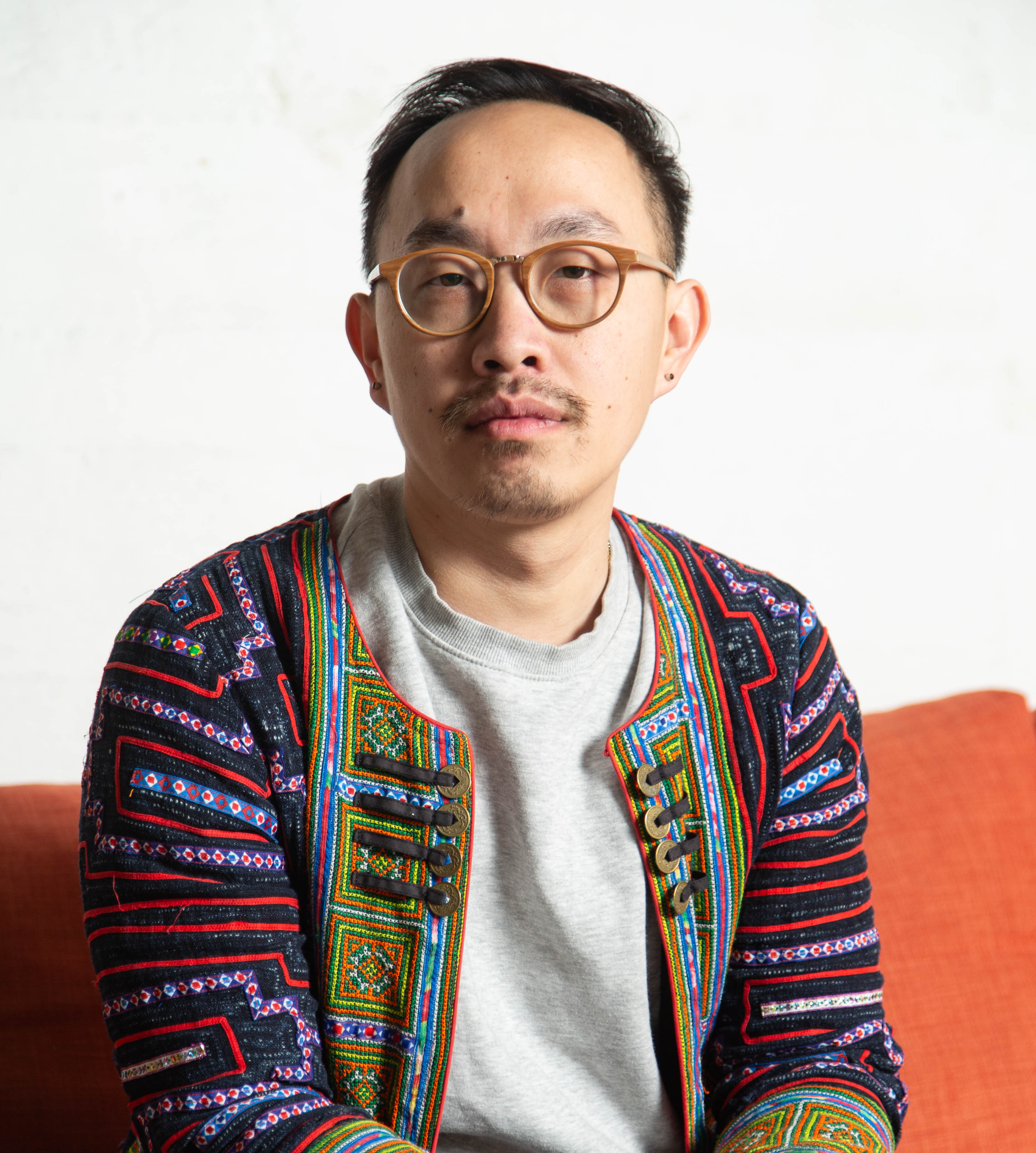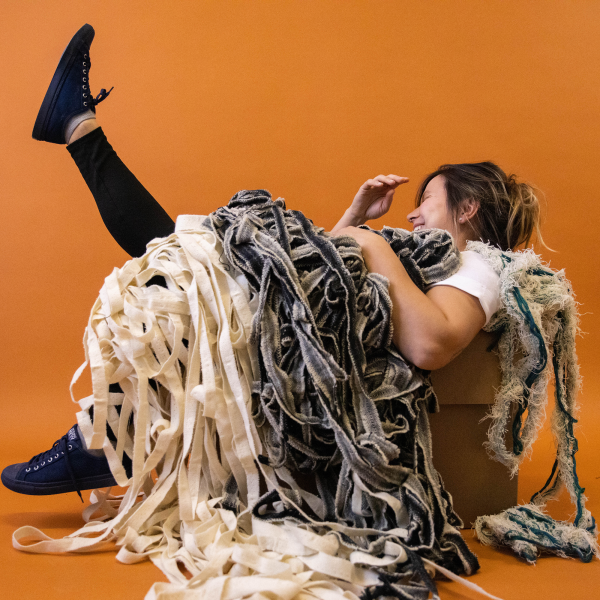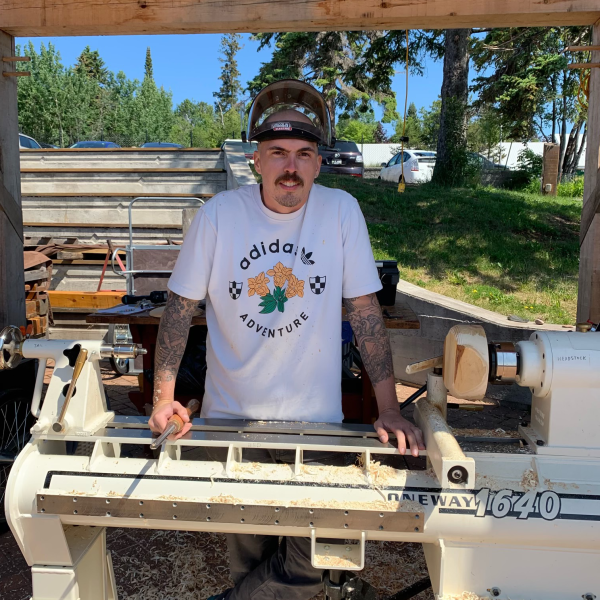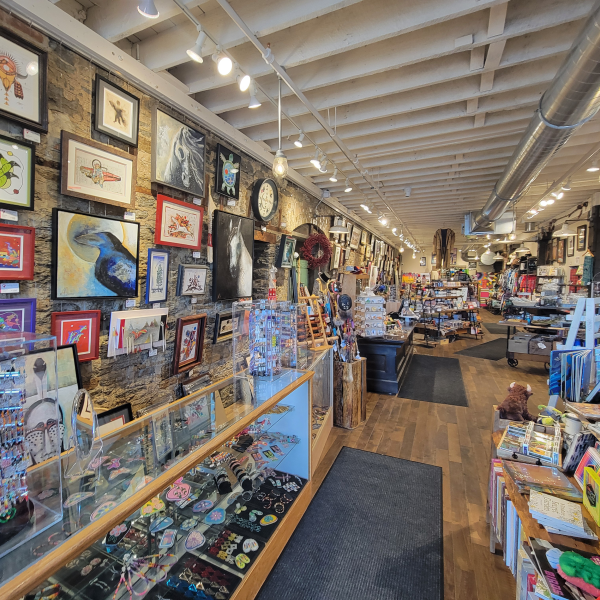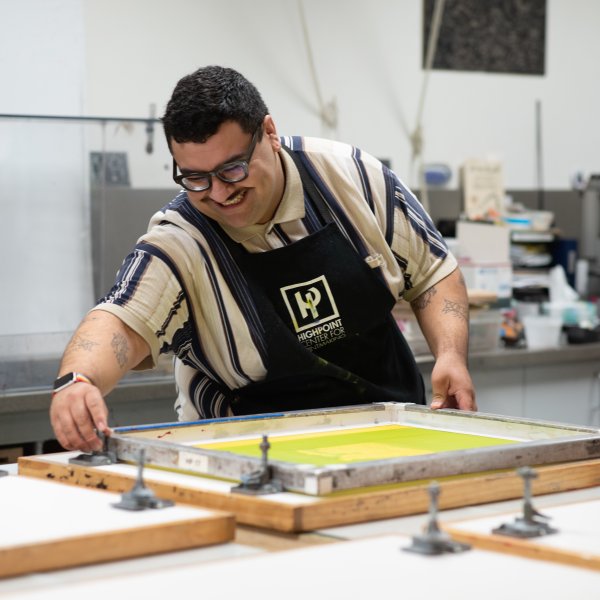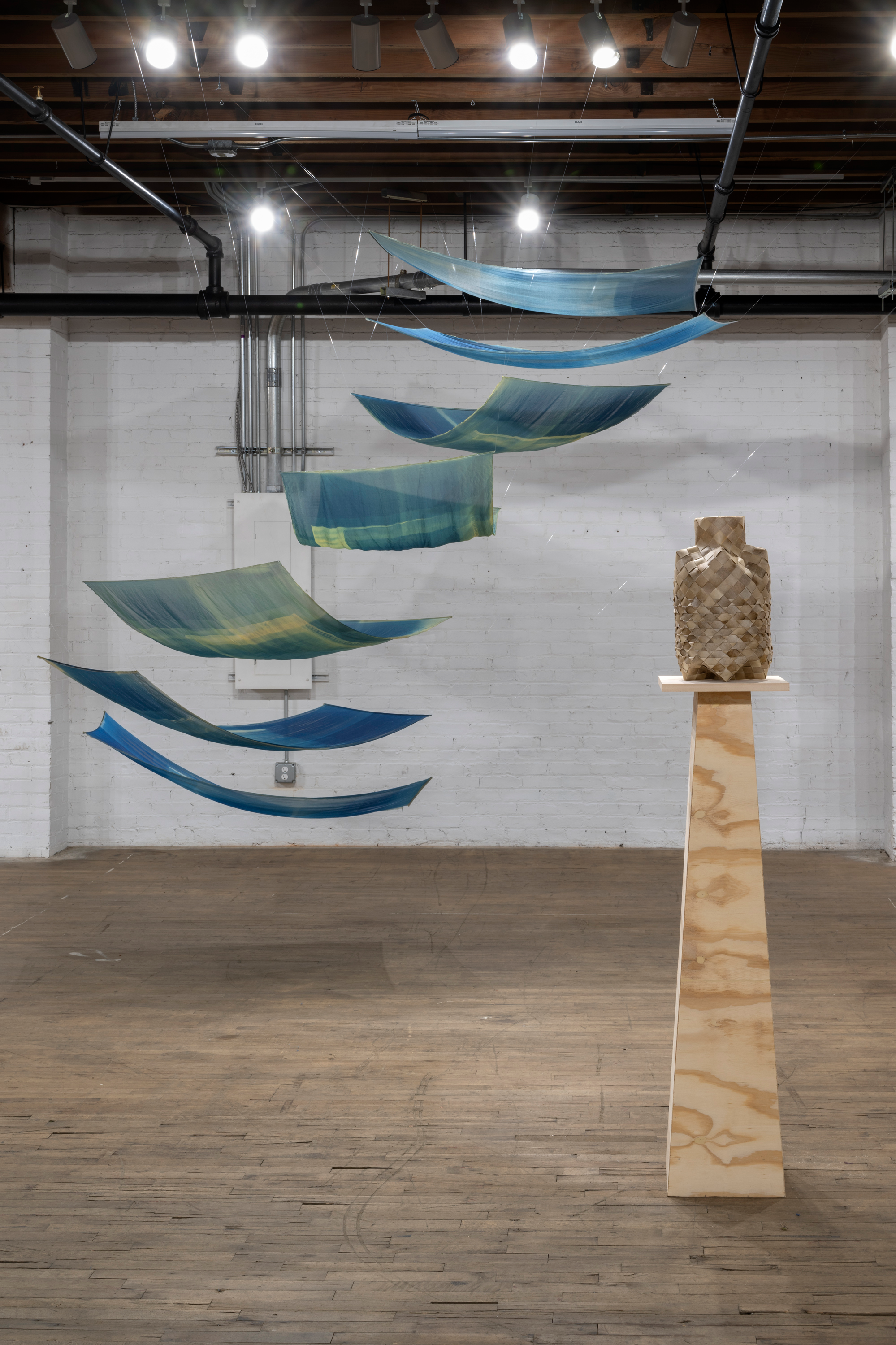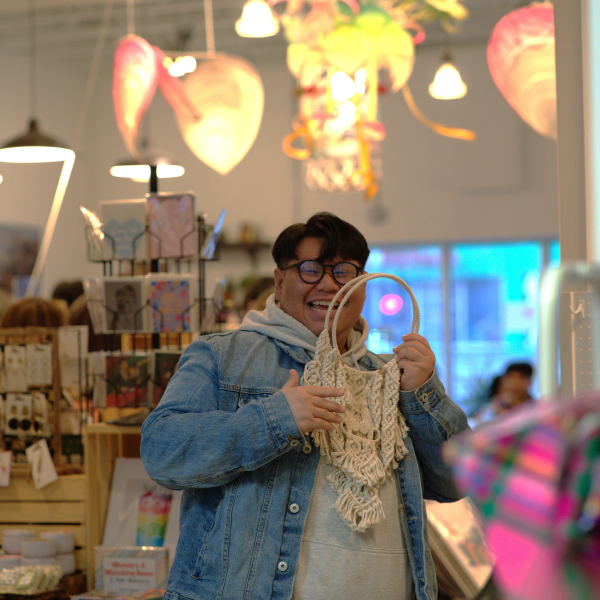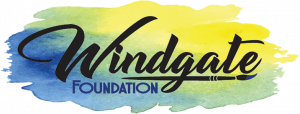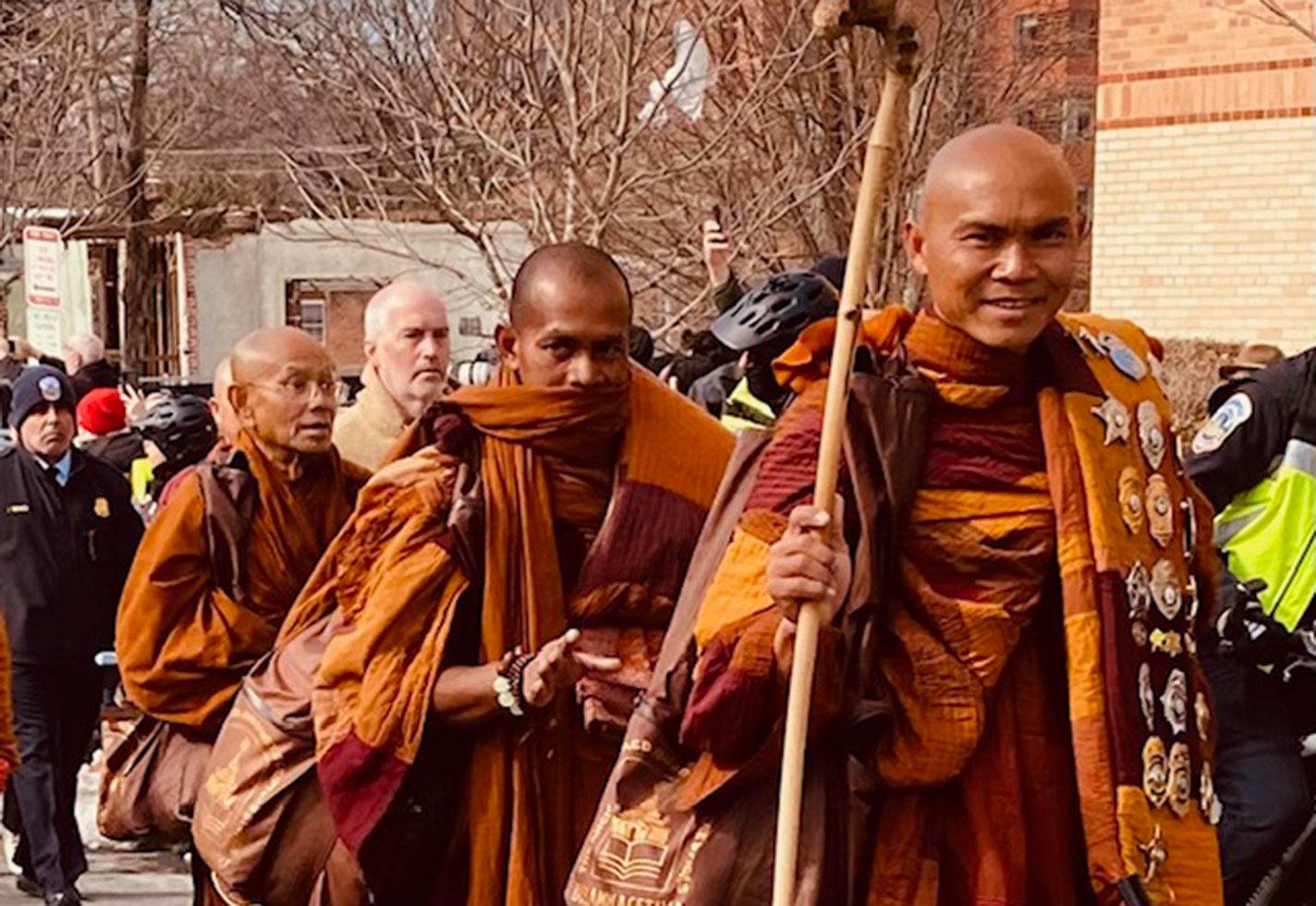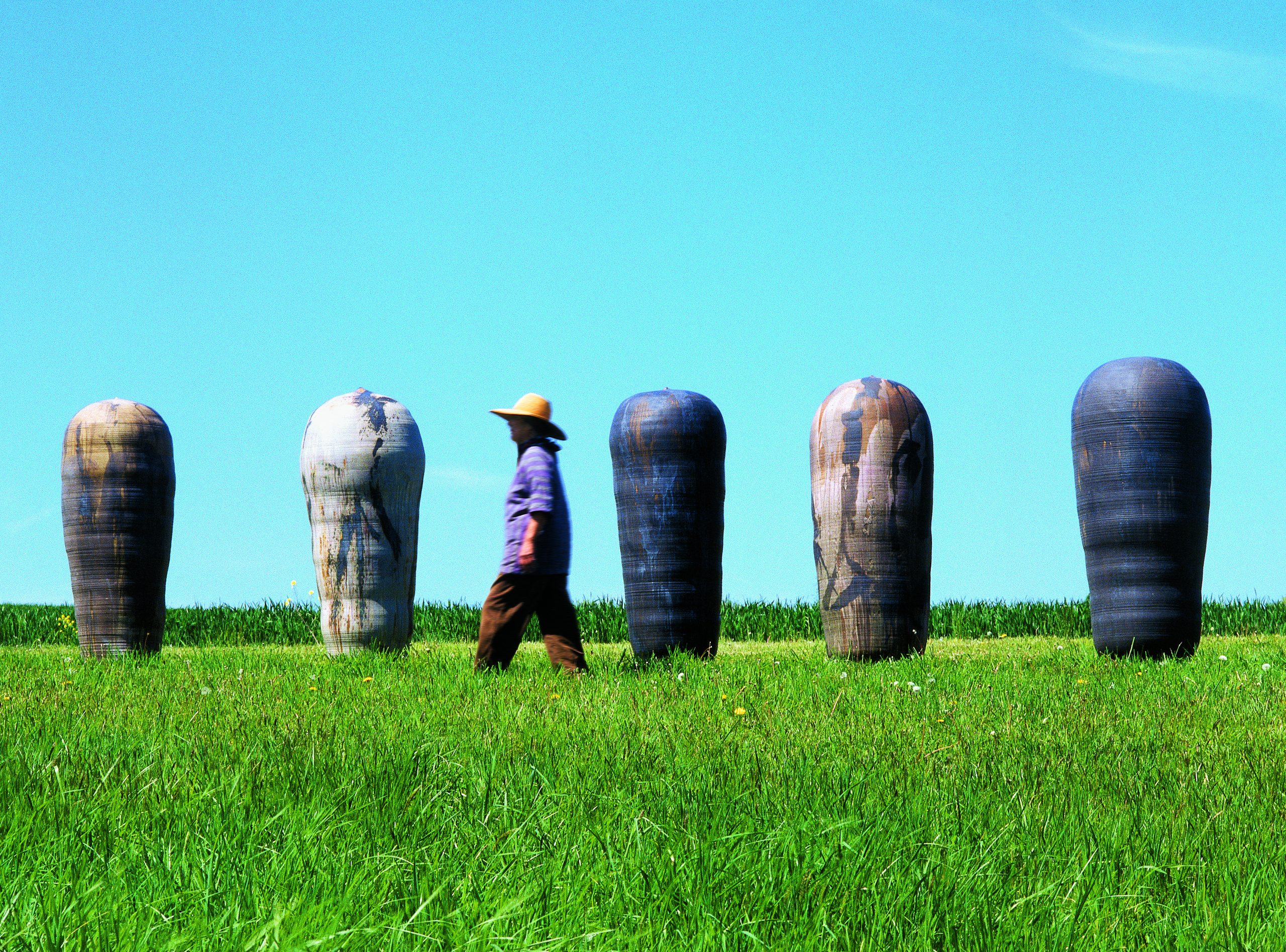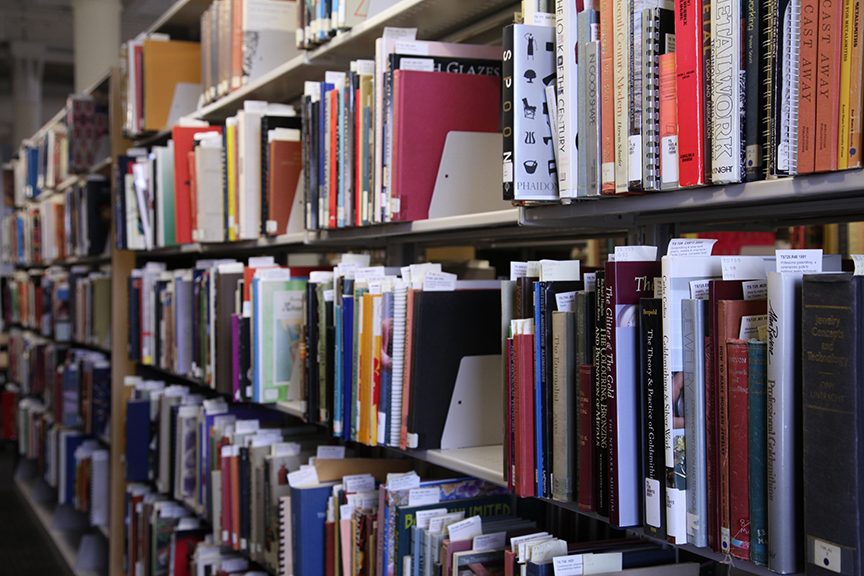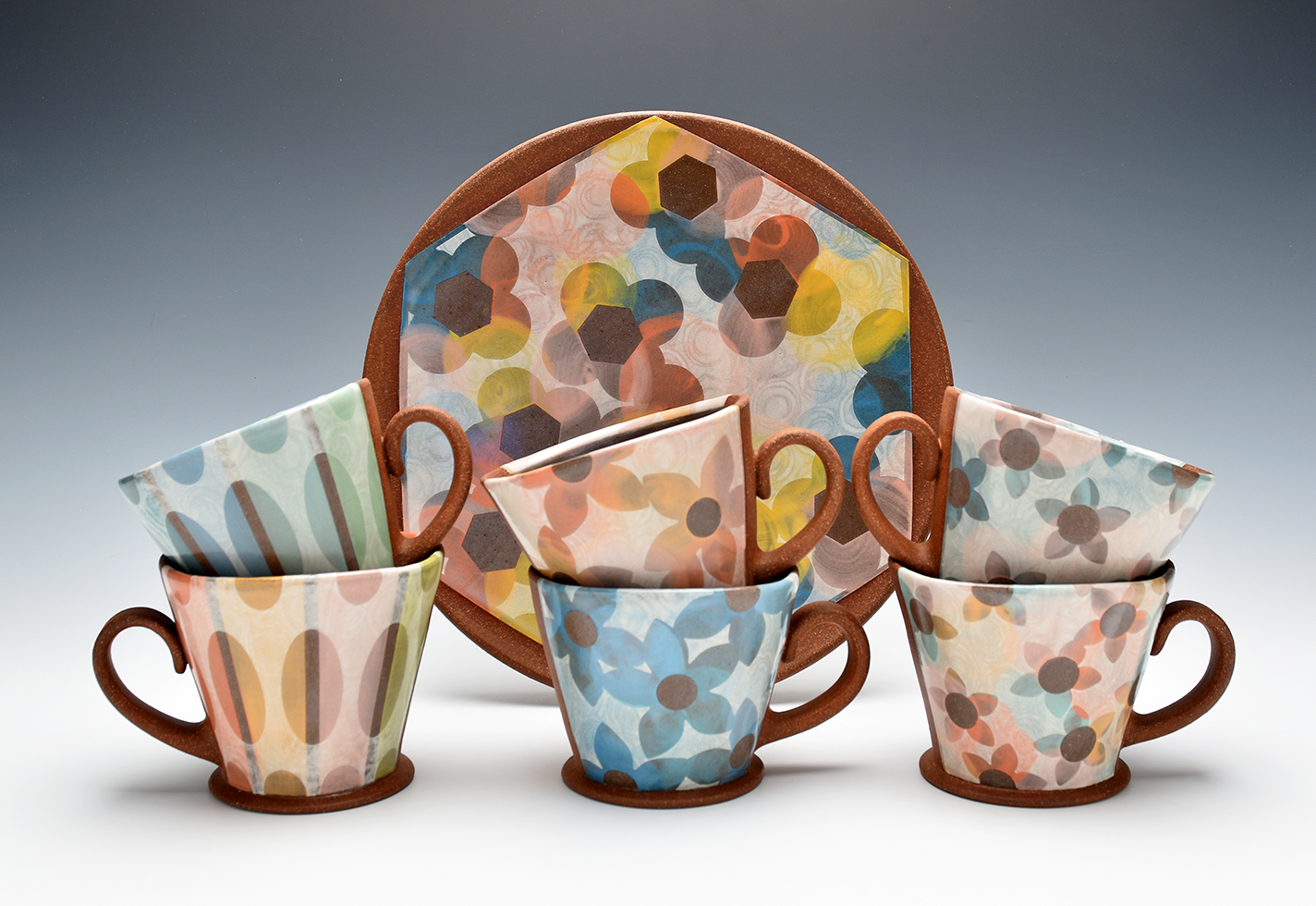Schools, Workshops, and Resources
Founded in New York in 1943 and based in Minneapolis since 2010, the nonprofit American Craft Council offers a range of support to craft artists in all parts of the country, including professional mentoring, a virtual marketplace, in-person events, online forums, and the quarterly magazine American Craft. Says Dom Venzant, “I have found that the American Craft Council, Springboard for the Arts, and the Metropolitan Regional Arts Council are three tremendous organizations that support and provide opportunities for creative projects at both the group and individual level.”
“They do cool stuff!” says Marvin Freitas of the Chicago Avenue Fire Arts Center in Minneapolis. Offering studio space and classes in blacksmithing, enamel work, encaustic painting, glasswork, metal casting, jewelry and small sculpture making, and metal fabrication, this organization is in fact pretty cool.
St. Paul–based American Association of Woodturners hosts a gallery of wood art in its Landmark Center headquarters, publishes American Woodturner magazine, promotes a bounty of resources for lathe lovers on its website, and puts on an annual symposium promoting the art form, which will be held at the RiverCentre in June 2025.
Founded in 1981, CLUES, or Comunidades Latinas Unidas en Servicio, works toward social and economic equality and well-being for Latinos in Minnesota. Their efforts include arts programming, such as vibrant Día de los Muertos events featuring traditional craft and a Saint Paul gallery that spotlights the work of Latino/a/x artists.
Offering classes in everything from furniture making to bowl turning, Fireweed Community Woodshop in Minneapolis aims to “empower women and nonbinary makers through the art of woodcraft.”
“I don’t really hang out in the art world too much, which is probably a character flaw I should work on,” says Fred Kaemmer. “But as for art hubs in the Twin Cities, I’m thankful that Foci Minnesota Center for Glass Arts is now well established. It gives people the opportunity to gain an appreciation for all facets of the glassmaking process through hands-on learning, demonstrations, and exhibitions.” Amara Hark-Weber concurs, adding that Foci is part of an “unusual concentration of craft centers here.”
Forecast, a national public art organization based in Saint Paul, offers Making It Public workshops for artists interested in taking their work into the public realm.
Hark-Weber points to Highpoint Center for Printmaking in Minneapolis, which offers cooperative studio space, exhibitions, equipment, and classes. “That is really special about the Twin Cities,” she says.
The Saint Paul–based Metropolitan Regional Arts Council, with funding from the Minnesota State Arts Board, awards grants and support to a wide range of artists and gets the thumbs up from Venzant.
Hark-Weber recommends Minnesota Center for Book Arts in Minneapolis. Founded in 1983, this nonprofit visual arts center “celebrates the art of the book” by offering exhibitions and classes in letterpress printing, bookbinding, hand papermaking, paper marbling, and more.
With a dedicated, tax-based funding stream passed by voters in 2008, the Minnesota State Arts Board is a major supporter of the arts and, through a series of granting programs, spreads dollars to many craft organizations in the Twin Cities, including the American Craft Council.
Launched by Ini Iyamba, vice president of product design and development at Faribault Mill, MN4MN promotes and fosters “Minnesota’s diverse and burgeoning community of emerging artists, designers, and businesses.”
Mudluk pottery studio is a “Black/queer/woman owned ceramics sanctuary” in Minneapolis that provides classes in wheel throwing, hand-building, sculpture, and glaze application to students at all levels.
Hark-Weber recommends Northern Clay Center in Minneapolis, which offers exhibitions, classes, studio space, artist talks, and grants.
Founded in 1991, Springboard for the Arts aims to “support artists with the tools to make a living and a life, and to build just and equitable communities full of meaning, joy, and connection.” Venzant also recommends this organization, which has offices in Saint Paul and Fergus Falls, Minnesota, and provides grants as well as career consultations.
Run by ceramic artists Mitch Iburg and Zoё Powell, Studio Alluvium in Saint Paul offers workshops on working with local clay, making various types of vessels, and more.
Through classes, exhibitions, and events, the goal of the Textile Center in Minneapolis is to “honor textile traditions, promote excellence and innovation, nurture appreciation, and inspire widespread participation in fiber art.” Hark-Weber gives this organization the thumbs up.
